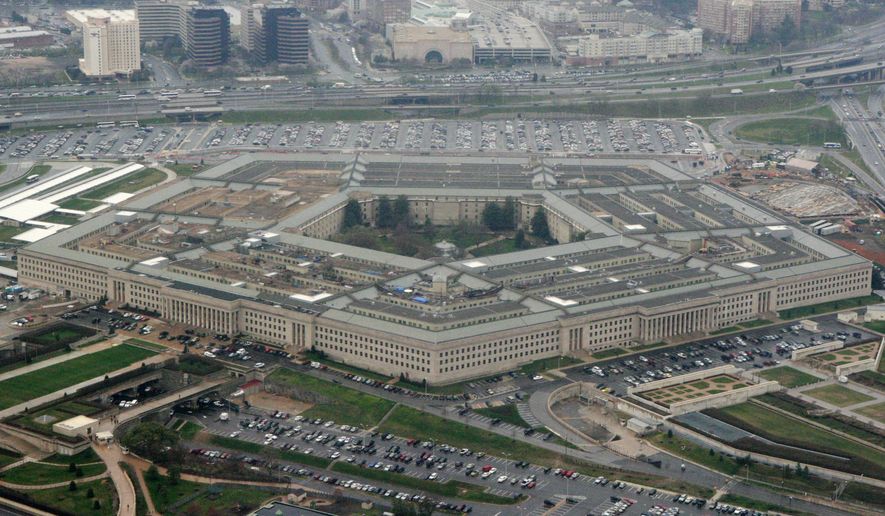The White House has released its highly-anticipated revamped policy governing how Washington conducts sales of American military hardware to allied nations worldwide.
Trump administration officials say the new arms sales mandates under the so-called “Buy America” initiative will expand America’s already dominant market share on the international arms trade exponentially.
The policy, which has been in the works for the last several months, will also carve out a fairly unprecedented role for the White House and federal government in actively advocating for sales of U.S.-made weapons to foreign countries.
When a proposed arms sale “is in the national security interest … and in our foreign policy interest, the executive branch will advocate strongly on behalf of United States companies,” according to a White House summary of the new policy, issued Thursday.
“The executive branch will also streamline procedures, clarify regulations, increase contracting predictability and flexibility, and maximize the ability of the United States industry to grow and support allies and partners,” the administration summary adds.
Prior to the new policy, American diplomats and military leaders have touted American arms as a way to generate interoperability between U.S. and foreign forces, rather than advocate the economic benefits for Washington and its partner nations in buying and fielding U.S. hardware. The new arms policy will essentially flip that original approach, putting the fiscal benefits of arms sales to the U.S. economy at the forefront.
Administration officials want to further expand America’s already significant share of the global arms trade, while persuading long-time allies to continue fielding American hardware and not shifting to Chinese, Russian or Israeli-made arms.
“The logic behind this is that we need to do better and faster at approving deals with countries that we know are going to go elsewhere and buy from China, Russia, France, Australia, Israel if the U.S. is too slow in the approval process,” U.S. official with direct knowledge of the administration’s plan told The Washington Times in February, months before the policy’s official release.
To that end, the new arms trade policy calls upon the Pentagon, as well as the Energy and Commerce Departments to recast current mandates regulating international drone exports aligning them “more closely with our national and economic security interests.”
But current federal guidelines on the sales of certain technologies — such as unmanned aircraft or long-range missile systems — include restrictions to ensure a partner nation do not use those weapons on their own people.
It remains unclear whether the new U.S. arms export policy will water down or eliminate the administration’s focus on human rights for future foreign weapons sales
However, modified or dumbed-down versions of those restricted weapons built by American defense firms could be a work-around to those federal constraints —while continuing to ensure partner nations conform to human rights mandates.
“This is a balanced policy,” acting Assistant Secretary of State Tina Kaidanow told Reuters Thursday. “We absolutely look at human rights as one of a set of considerations that we look at,” she added.
In February, Ms. Kaidanow made a rare appearance at Singapore’s international air show last month, lending the weight of the White House to U.S. defense firms looking to gin up business among Asian partner nations. Appearances like those by Ms. Kaidanow in Singapore will likely become the norm, under the new arms sales policy.
The current push to deregulate U.S. foreign arms sales by the Trump administration — known inside the White House as the “Buy America” initiative —is widely seen as the White House delivering on Mr. Trump’s campaign promises to re-energize all sectors of the American economy and shrink the U.S. trade deficit — an economic policy goal campaign officials sought to encapsulate within Mr. Trump’s “Make America Great Again” slogan.
Nearly 100 countries fly, float and fight with American-made weapons systems, with U.S. defense firms being the leading producer of advanced strike aircraft, precision-guided munitions and missile defense systems. That effort has been spurred on by U.S. defense programs specifically geared toward international consumption — such as the F-35 Joint Strike Fighter program.
• Carlo Muñoz can be reached at cmunoz@washingtontimes.com.




Please read our comment policy before commenting.